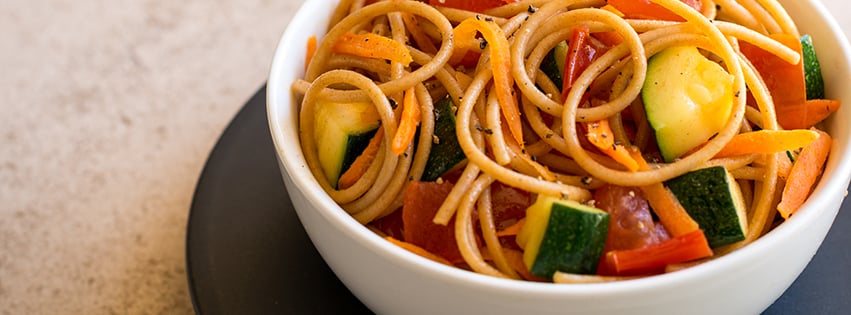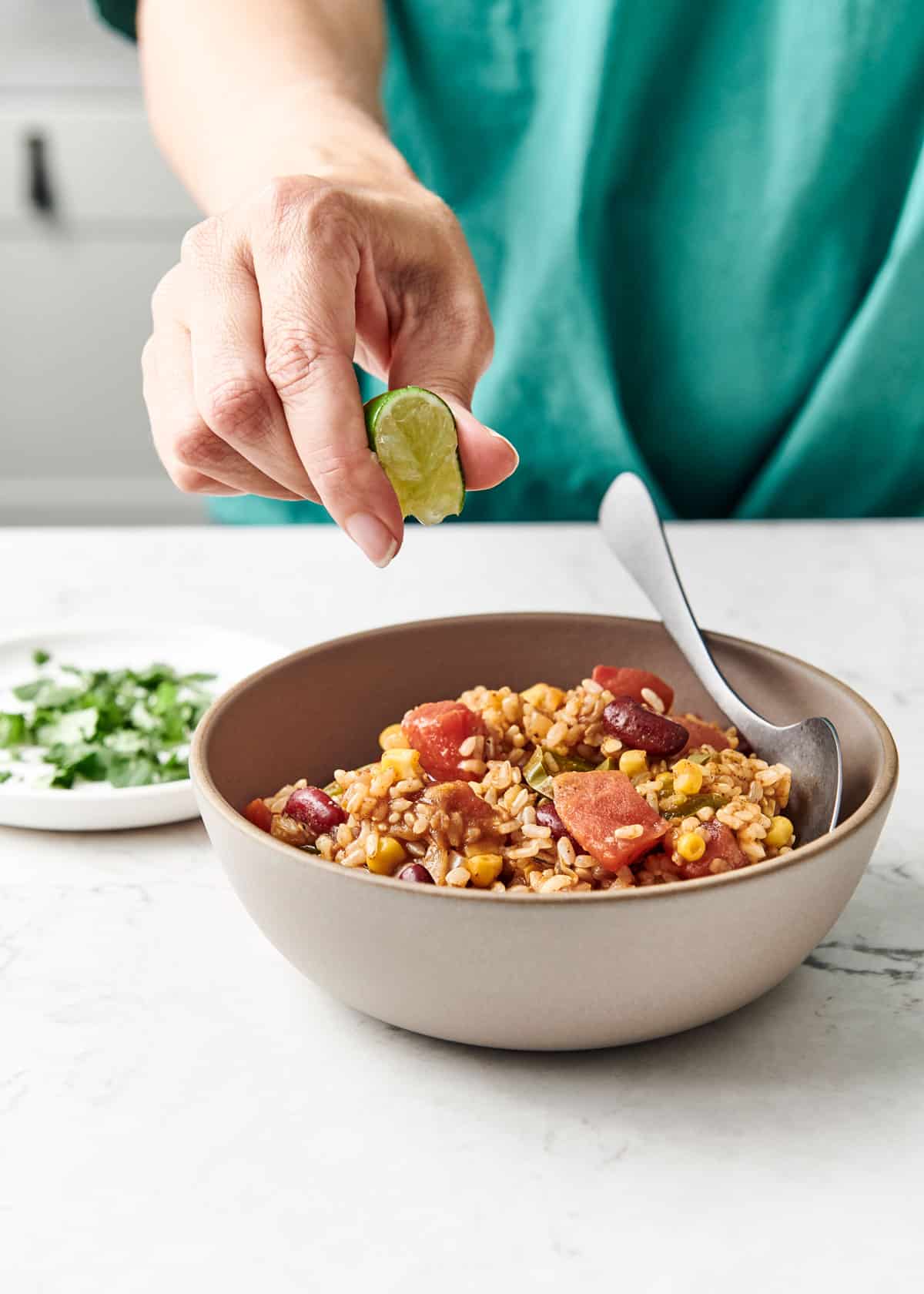
written by Fresh 20 Nutritionist, Allison Arnett
A popular debate in mom’s groups, on blogs or social media, and among celebrities is whether you should trick young children into eating vegetables by hiding them in kid friendly foods. Advocates of “vegetable deception” say that with a picky eater it’s a guaranteed way to boost nutritional value of common foods. Opponents claim that this deception discourages children from appreciating the taste and texture of vegetables in their true form, and makes them reliant on muffins, meatballs, smoothies and pasta sauce for their daily vegetable fill.
The most important point I emphasize with parents is that it is not one or the other; simply involve your children in the process of cooking. For very young childern this may mean simply adding a handful of spinach into a blender or scooping yogurt from a container into a cup. As they get older you can challenge them with more interesting tasks like counting out a specific number of blueberries to add to pancakes or breaking the stems off of mushrooms. Older children enjoy chopping; just make sure you have a child-friendly knife at home.
I believe that it is important to provide produce with every meal and snack. Studies continue to prove that if these foods are available, many school-aged children will actually choose them over other food. Try to avoid forcing your kids to eat by making demands, bargaining, or engaging in vegetable deception. Instead, let them see what is going into the food. Explain why you enjoy these foods and always, even if you are not a fan yourself, try new foods in front of your children and encourage them to do the same. Help your children understand that vegetables and fruit do not come from a supermarket – they are grown outdoors. Let them plant their own small vegetable garden when they are able.
Most children go through phases with foods and some are more challenging than others. Certainly, if your child has any sensory disorders and refuses specific textures, you may need to work a bit harder to ensure vegetables are served in an appealing way. For many children, eating food in its whole form (as long as it does not pose a choking hazard) is sometimes amusing enough to get them to try something different.
The words “deception” and “sneaky” have such negative connotations it is no wonder there is a constant debate. Educate rather than deceive. Humor your preschooler by showing him/her how carrots become small and can disguise themselves in a meat sauce; challenge them to find the orange bits rather than simply hiding them amongst other foods. Tell them what nutrients carrots have and what those nutrients do in our body. Something as simple as “carrots have vitamins that help us see” can intrigue and educate a young mind. Serve vegetables in both their natural form and mixed into foods. Try different forms: cooked, raw, and dehydrated. Serve them at different temperatures and use different textures. Serve a variety in every way possible. If your children are older and you believe it’s too late, fear not! Simply start eating more in their presence and make sure to state why. “I love to eat broccoli because I feel stronger or more athletic,” or “it makes me feel like a superhero!”





















